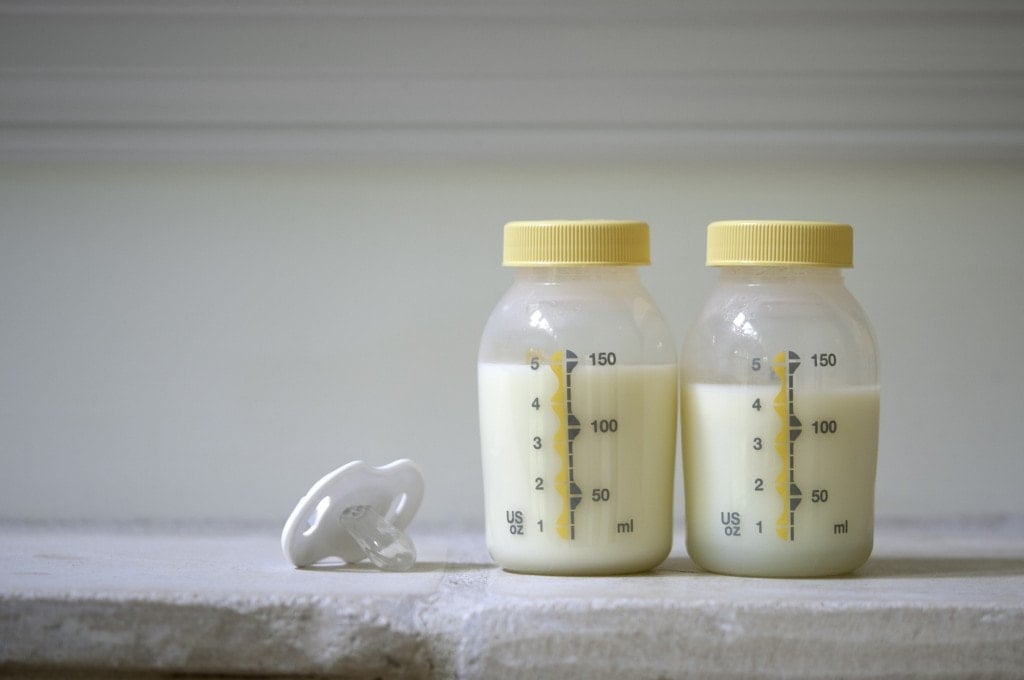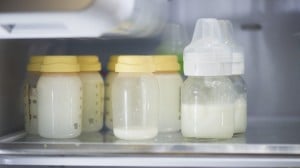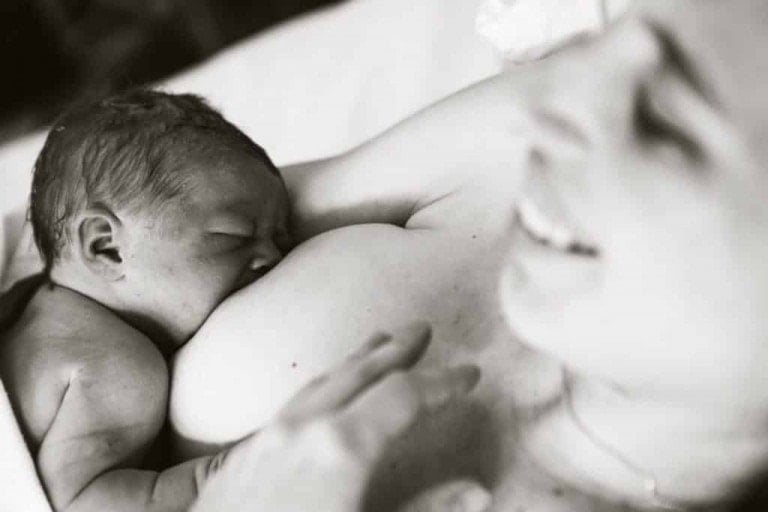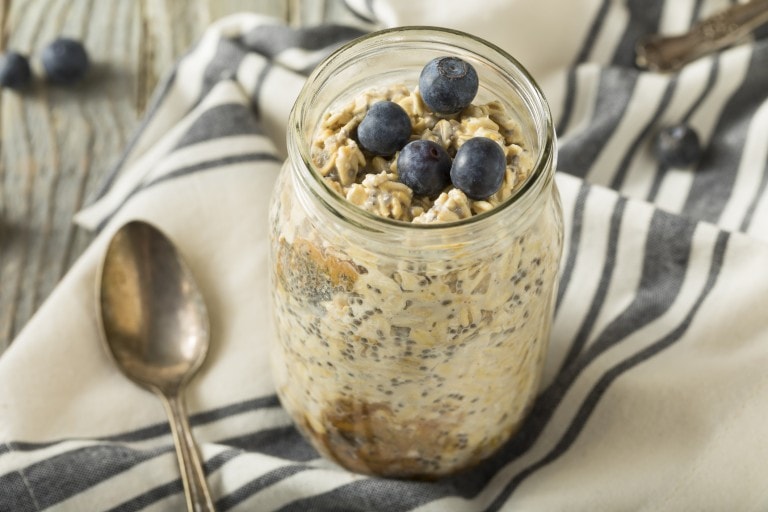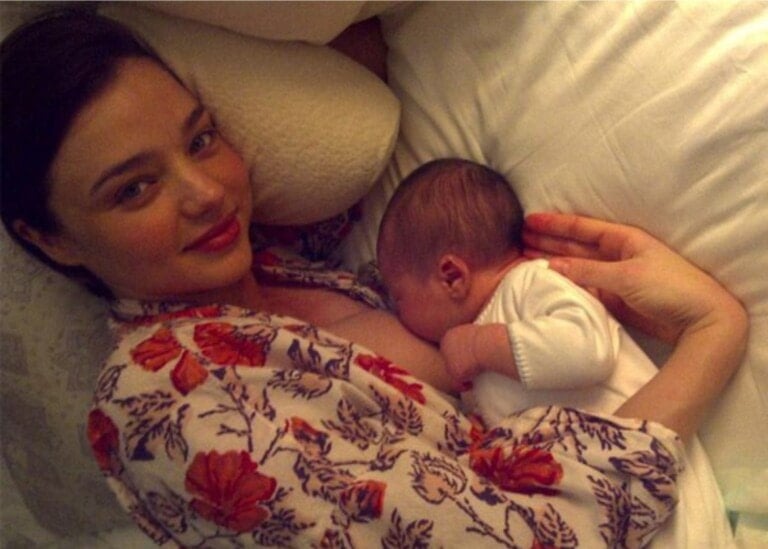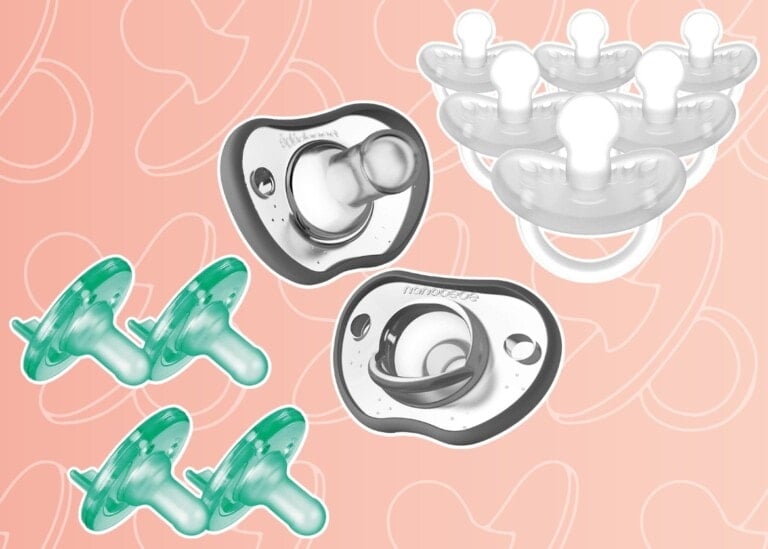As a breastfeeding mom, I always referred to my breastmilk as liquid gold. I made sure every person who would come into contact with it, like the nanny, babysitter, grandparent, daycare worker, cleaning lady, and my husband, understood just how valuable it was. Under no circumstances was it to be wasted—EVER!
Breastmilk isn’t free, even in the most creative sense of the word. As special as the experience was and as honored and appreciative as I was to make milk and feed my baby, breastfeeding took a toll on me. For as long as I breastfed, I didn’t feel that my body belonged to me. I often felt tired, ravenous, and undernourished, no matter how much I ate and drank. But I was also a bit trapped since I could never freely go very far for long.
Breastmilk Is Worth More Than Gold
We mothers with enough milk to breastfeed our babies are fortunate because we don’t have to go to the store to purchase the milk. But it is a severe understatement to say that breastmilk is “free,” and here’s why:
Breastmilk is valuable.
It is widely accepted that breastmilk boosts a baby’s immune system, protecting them from infections and illnesses. Breast milk is easier for a newborn/baby to digest. It naturally contains many vitamins and minerals a baby requires for brain growth and nervous system development. Studies show that breastmilk can pass a mother’s antibodies onto their babies from infectious illnesses she has had in the past and those she has while she breastfeeds.1 This can give babies an advantage in preventing and fighting certain diseases. I don’t know a parent who wouldn’t pay top dollar for all of this for their baby.
Time is money.
This is a widely accepted concept. The average mother who will exclusively breastfeed will spend up to about 1,800 hours doing so.2 A full-time 40-hour workweek, with three weeks of vacation, adds up to 1,960 hours a year. If a mother is pumping in addition to breastfeeding, she can spend up to 2-3 extra hours a day pumping milk. This means that breastfeeding is a full-time job. If a mom was getting paid for that time, she could make good money!
Pumping takes time.
Working mothers who give their babies breastmilk have to trade the time they could spend getting their work done to breastfeed or pump instead. I put in so many additional hours after work to make up for the 1-2 hours a day I had to step away from my desk to pump my milk to bring home to my baby every day.
It’s a trade-off.
While mothers are skilled multi-taskers, there is just so much one person can get done while breastfeeding or pumping. Usually, while breastfeeding, mothers begin trading off other parts of their lives to keep breastfeeding (like sleeping and eating while it’s hot!). There’s only so much we moms can get done in a day when (one of) our full-time job is feeding our baby!
Producing milk takes extra calories.
Breastfeeding mothers know that they need to eat well to ensure their milk is nutrient-rich for their baby. Mothers will spend money on special foods, broths, and teas to enrich their milk. Additionally, if a mother has a shortage of milk, she may spend money on all sorts of products to keep the milk flowing. Breastfeeding moms usually eat lactation cookies, teas, lactation bars, lactation smoothies, vitamins, supplements, and homeopathic remedies. The list goes on and on!
It can be mentally draining.
A mother’s mental health is one of the most critical components of becoming a new mom. Keeping up with breastfeeding is mentally and physically exhausting. It is all-consuming and can be very stressful for at least the first few months. Breastfeeding can also be very challenging on a mother’s neck, back, and shoulders. This strain can cause pain, which adds to her stress.
Breastfeeding can be physically strenuous.
Just because a mother makes milk doesn’t mean her baby will automatically latch or breastfeed correctly. Many mothers who have enough milk struggle to get their babies to drink it for one reason or another (poor latch, forceful letdown, etc.). Many moms will even hire lactation consultants to support them with getting their babies to eat.
It can hurt!
Breastfeeding and pumping can be tough on a woman’s breasts and nipples. Cracked and bruised nipples can be common. Clogged milk ducts can be painful and can turn into mastitis.
Talk about expensive.
Breastfeeding mothers need gear! Nursing pillows, nursing bras, covers, shirts, and dresses. Bra pads for leaks, nipple cream . . . it seems like the breastfeeding gear never ends! Further, many mothers who choose to breastfeed also need to pump. Breast pumps and their parts cost money, as do all the storage bags that need to be purchased to hold the milk.
Breastfeeding moms lose simple luxuries.
When a mother chooses to breastfeed, she also decides to give up a multitude of luxuries. Sleeping more than a few hours at a time (even if she doesn’t get up to breastfeed, she needs to get up to pump) is one of the first to go. She can never be too far away from her baby or a pump. And she has to stop everything she is doing every few hours for at least a 30-minute breastfeeding or pumping session.
Many mothers can’t produce their milk or enough of it. These moms will pay a lot of money to buy breastmilk from other lactating mommies because they believe in its benefits. Just because a mom may produce milk and not pay for it doesn’t mean breastmilk isn’t free—far from it.
Many other breastfeeding moms and I would probably never trade our time and effort in breastfeeding for money. But it sure helps a struggling, tired, sore, frazzled breastfeeding mama when her efforts are acknowledged! So, good job, breastfeeding mamas! Breastmilk isn’t free. Keep up the great work.













